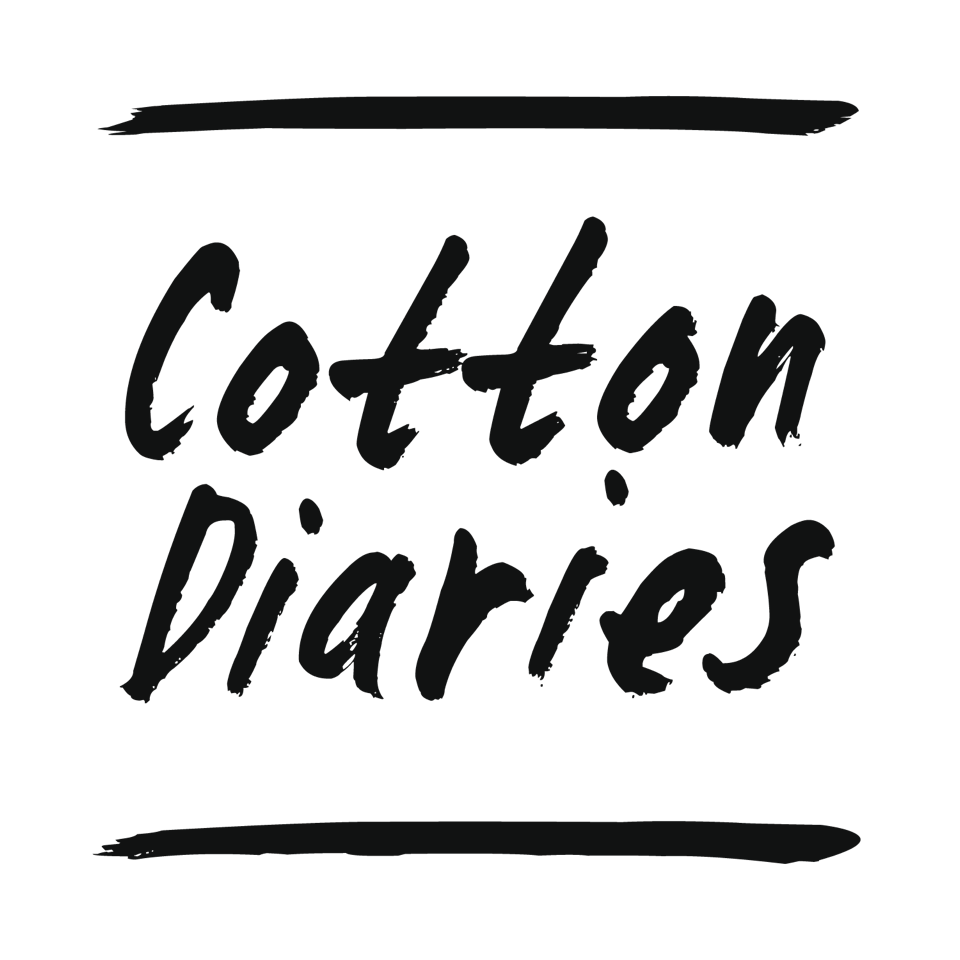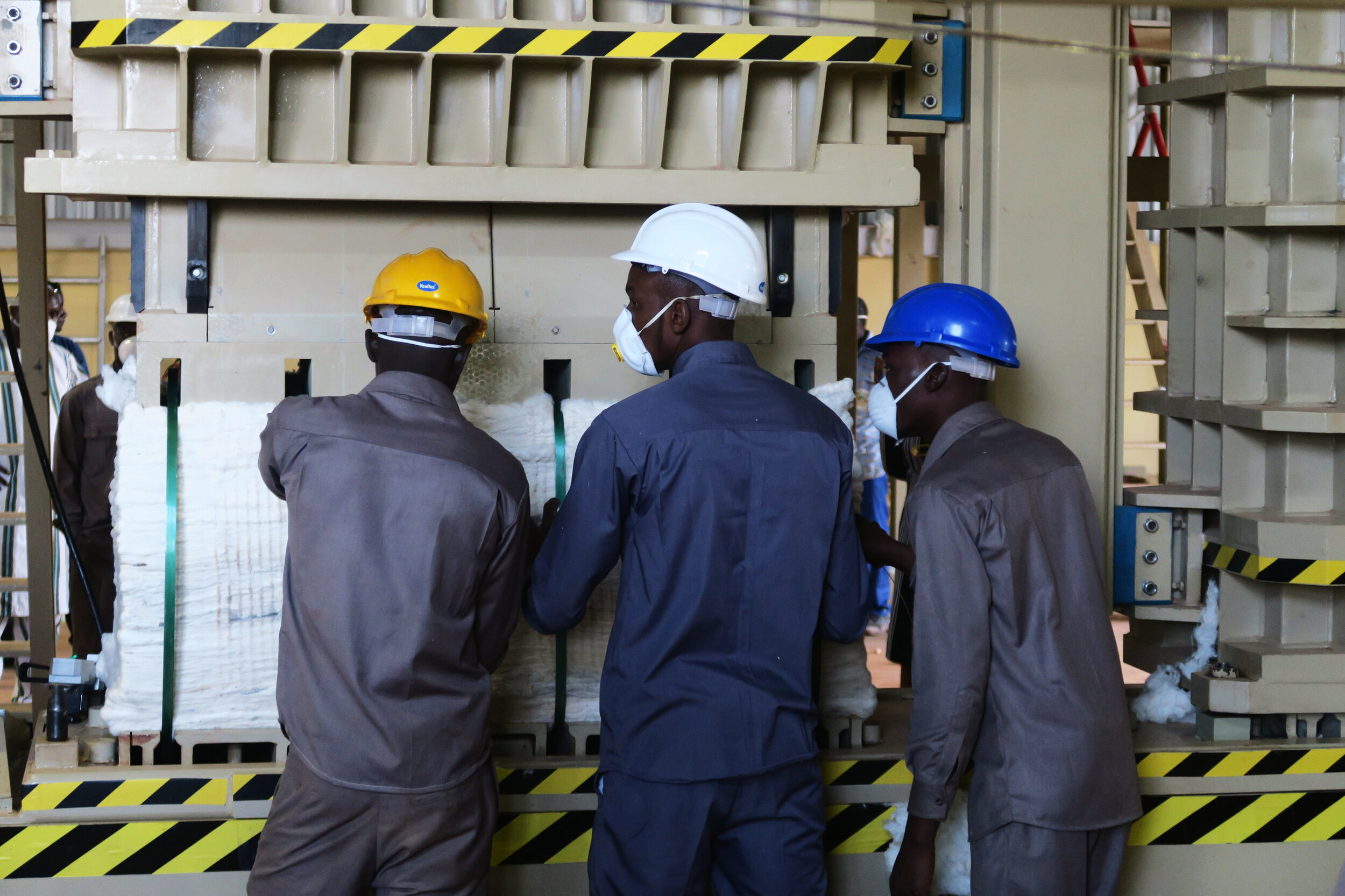We help anyone working with cotton — from apparel and textile companies to non-profits and farmers — to research, implement and communicate solutions that address the most pressing social and environmental issues in cotton.
The cotton industry can be thirsty, toxic, exploitative, but we believe there are better ways to do it …
#99Seeds is a short video series, created in collaboration with farmers, activists, and community leaders who are transforming the way cotton is grown in Brazil. Exploring other ways to grow cotton, from family and community-based initiatives, agroforestry, and organic farming, this series highlights the power of family farming, the importance of intercropping, reforestation, and the seed saving.
🌴 “Agroforestry is about putting the Heart in tune with the Earth”
Watch the shorts series
Rebuilding the legacy of cotton production in African communities
WITH TAMEKA PEOPLES - SEED2SHIRT
Tameka Peoples founded Seed2Shirt to return production to communities of color, ensuring every stage of the cotton value chain was rooted in restorative relationships to the land and the people. ‘My work for Seed2Shirt is about restoration, reclamation, the healing of us in this space, and our connection with this commodity.’
‘I consider cotton as a connector of people, land and resources. It has shown itself to be for centuries.’
Read Tameka’s story
Encouraging joint efforts towards a fair cotton system in West Africa
with tobias meier and the ccbe
Tobias Meier is one of the driving forces behind the West Africa Organic & Fairtrade Cotton Coalition (CCBE) – that aims to upskill farmers and increase organic cotton production by promoting collaboration and partnerships in Burkina Faso, Mali, Senegal and Benin.
Read Tobias and the CCBE’s story
Transitioning from conventional to organic cotton farming
with ANIRUDDHA PATIL
After successfully converting his land to organic over 20 years ago, Aniruddha Patil hopes that his farm can now be seen as a blueprint for others to follow.
‘It’s important to do what you can on an individual level–only then you can inspire others.’
Read Aniruddha’s story
Changing the dynamic between farmers and fashion brands
WITH LAVINIA MUTH, ARMEDANGELS
Corporate Responsibility Manager Lavinia Muth is supporting small-scale farmers transition to organic practices via her work at fair fashion brand Armedangels.
‘It’s not technology which will save us, it’s people and systems. Especially when we talk about the unfair system of cotton, there’s no other way to solve this than a direct-to-source dialogue and system.’
View Lavinia’s story
Humanizing cotton supply chains through slow journalism
with uwe h. martin
Visual storyteller Uwe H. Martin is exploring the human and environmental impacts of global cotton production through his multimedia documentary project White Gold.
‘My camera is like a passport that opens the doors to situations I normally do not belong to and that allows me to learn. My learning is condensed in images that are an entry point for others’ learning.’
View Uwe’s story
Nishanth grew up in a ‘textile town’ in Tamil Nadu and saw firsthand how pollution and waste from textile factories affected local communities and ecosystems. So, he returned to traditional practices to reinvent the system…
View Nishanth’s story
After the birth of his first child 25 years ago, Dosi decided to make the switch from chemical-heavy conventional cotton farming to organic. But it’s not an easy journey...
View Dosi’s story
Based out of North Carolina, Dipak Mahato has created a revolutionary water purification system that could be the solution to the fashion (and many other industries’) water problem.












